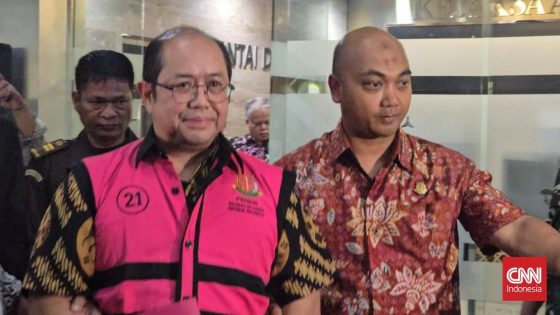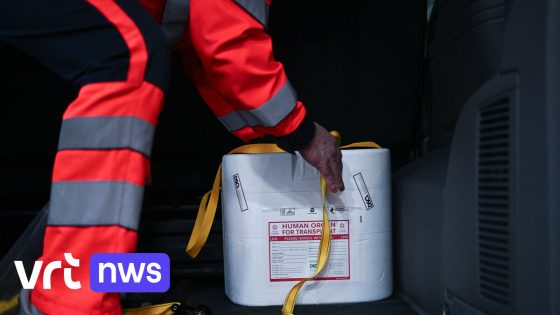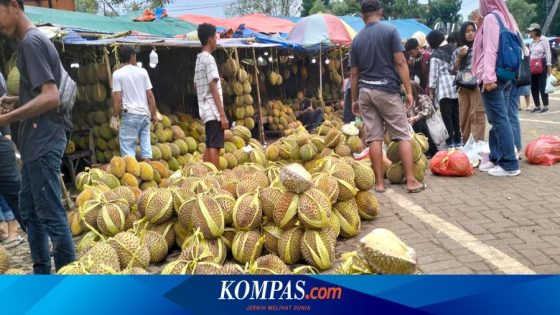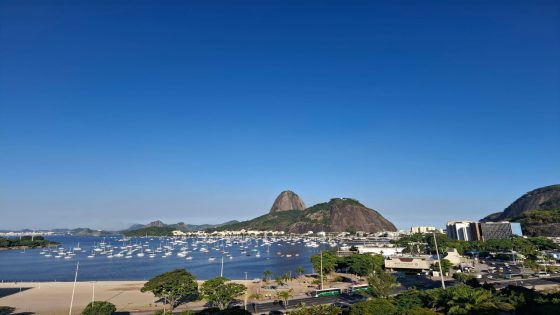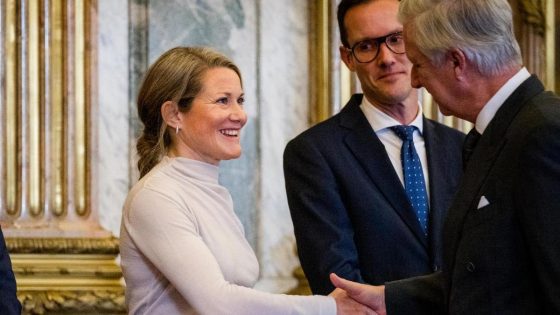On January 24, 2025, Pemuda MCA affirmed that peaceful gatherings are lawful as long as guidelines are followed. This statement aligns with democratic principles and the Peaceful Assembly Act 2012. But what does this mean for Malaysians and their right to protest?
- Peaceful assembly complies with legal guidelines
- Reference to the Peaceful Assembly Act 2012
- Opposition parties supported past demonstrations
- Concerns over police approval for venues
- MCA denies involvement in corruption issues
- Emphasis on democratic rights to assemble
Understanding the Legal Framework for Peaceful Protests in Malaysia
Why is it crucial for citizens to know their rights regarding peaceful assembly? The recent statements from Pemuda MCA highlight the importance of understanding the legal framework surrounding protests in Malaysia. The Peaceful Assembly Act 2012 was established to protect citizens’ rights to gather peacefully, especially following historical protests like Bersih.
Recent Developments: Police Restrictions on Gatherings
Recently, the Sekretariat Rakyat Benci Rasuah expressed shock over police demands for venue approvals for their upcoming protest. This raises questions about the legality of such restrictions. Are these new requirements infringing on citizens’ rights to assemble in public spaces?
Key Points on the Right to Assemble Peacefully
Understanding your rights is vital. Here are some key points regarding peaceful assembly in Malaysia:
- Peaceful gatherings are protected under the Peaceful Assembly Act 2012.
- Participants must ensure safety and cooperate with law enforcement.
- Public spaces are designated for protests, minimizing legal complications.
- Historical context shows that protests have shaped democratic processes.
The Role of Political Parties in Supporting Protests
Political parties, like MCA and BN, play a significant role in supporting citizens’ rights to protest. They emphasize that peaceful assembly is a fundamental democratic practice. How can political entities further advocate for these rights while ensuring compliance with the law?
Addressing Corruption Allegations in Political Context
Choo Seong from Pemuda MCA addressed allegations of corruption against the party, asserting that no MCA leaders are involved in corrupt practices. This statement raises important discussions about accountability in politics. How can political parties ensure transparency and build trust with the public?
In conclusion, understanding the legal rights surrounding peaceful protests is essential for all Malaysians. As citizens navigate the complexities of their democratic rights, staying informed will empower them to engage actively in shaping their society.







